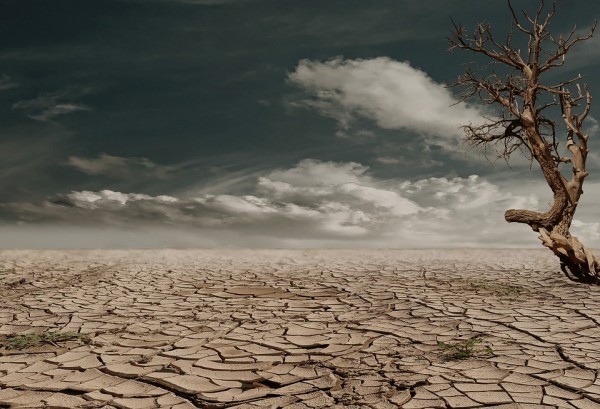By Ana Verayo, | February 15, 2016

Four billion people in the world are facing scarcity of fresh water supply, half of them come from India and China.
A new study reveals how there is an estimated 4 billion people on the planet who currently do not have access to daily water supply.
A research team from the Netherlands led by Arjen Hoekstra from the University of Twente in Enschede conducted this intensive study about how scarce water supplies can have a massive impact to humans and communities and ultimately ecosystems around the world.
Like Us on Facebook
These new findings are suggesting that this rapid water shortage is triggered by an overwhelming demand of growing human populations that can be traced back to excessive consumption and higher demand of agricultural systems.
Hoekstra says that the effects of this imminent water crisis are now changing the planet's landscape. Since groundwater levels are now declining, lakes are now disappearing, he adds. Rivers have less water flowing in them and this can be a dangerous threat to ecosystems and biodiversity that can harm local communities that rely on rivers, lakes and streams for their water supplies.
Prior studies have analyzed water supply consumption per year in different regions around the globe where Hoekstra and the team studied further the effects of this for every month.
The team also generated computer models that were able to analyze different climate data, land usage, soil samples and different crop growth including irrigation systems, population densities and manufacturing and agricultural industries.
The results revealed that this continuous global water shortage is now affecting 4 billion people as opposed to 1.7 to 3 billion people that were first estimated by previous studies. Researchers also say that half of the 4 billion people experiencing dwindling water supplies are from India and China.
Apart from these countries, this water crisis is becoming more prevalent in other regions of the world such as Northern and South Africa, the Middle East, Mexico and the western region of the United States as this new study reveals more up to date and accurate data about the effects of this water shortage especially in these areas.
Researchers can now also determine when water shortages occur and trace what triggers it. The new findings can also help world leaders to create new policies for water conservation. Researchers recommend that governments should be able to establish a water cap in every region for every month to regulate water use that will depend on the available supply.
This can also create awareness to regulate water usage just enough for daily consumption. Apart from this, the team recommends the consumption of less meat to save more water supplies and the importance of water sustainability for communities.
This new study is published in the journal Science Advances.
-
Use of Coronavirus Pandemic Drones Raises Privacy Concerns: Drones Spread Fear, Local Officials Say

-
Coronavirus Hampers The Delivery Of Lockheed Martin F-35 Stealth Fighters For 2020

-
Instagram Speeds Up Plans to Add Account Memorialization Feature Due to COVID-19 Deaths

-
NASA: Perseverance Plans to Bring 'Mars Rock' to Earth in 2031

-
600 Dead And 3,000 In The Hospital as Iranians Believed Drinking High-Concentrations of Alcohol Can Cure The Coronavirus

-
600 Dead And 3,000 In The Hospital as Iranians Believed Drinking High-Concentrations of Alcohol Can Cure The Coronavirus

-
COVID-19: Doctors, Nurses Use Virtual Reality to Learn New Skills in Treating Coronavirus Patients







